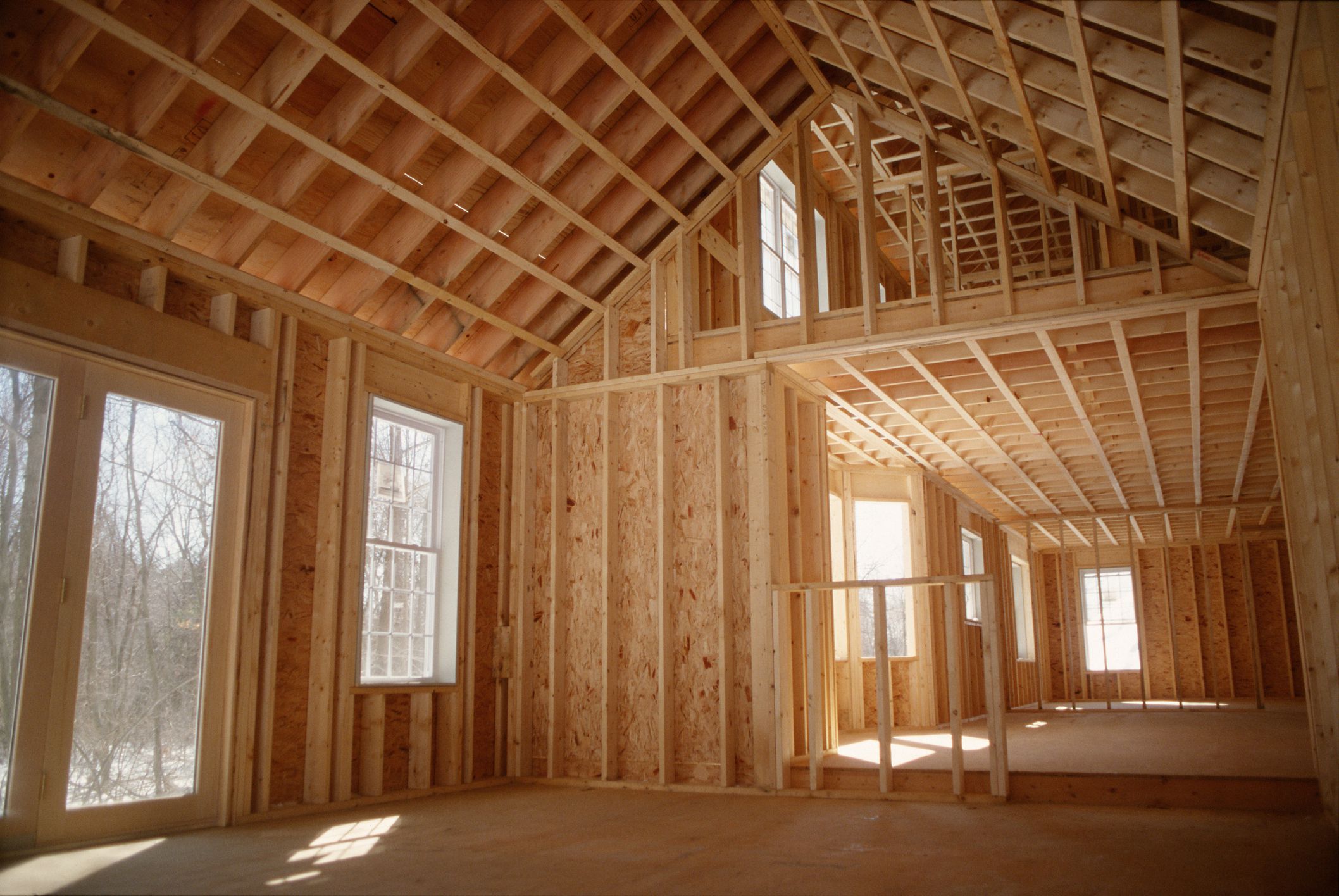If you are a real estate investor, you may have experience in flipping homes. But have you tried building and selling homes? Obtaining new construction loans is one way to keep you going.
Construction Loans and how they Work
A construction loan is short-term financing issued by a bank for the specific purpose of financing a real estate project, such as a new home. You get a permanent loan or a traditional mortgage when you want to buy an existing house. But, when building a new house, especially if it includes buying raw land, this is where new construction loans come in.
Anyone investing money and time in construction can visit a new construction lender to apply for new construction financing. A small business owner, contractor, or individual homeowner can use construction loans to cater to their project. If you currently own land, your equity in the property can be the down payment for the construction loan.
The new loan lender requires the borrower to make monthly payments on the new construction loan when the project is ongoing. New construction financing is similar to a line of credit where you pay interest on the actual amount borrowed to finish each part of a project instead of a lump sum. Some new construction loans may need the balance paid off by the end of the project. Other than the actual building, you can apply for new construction financing to pay for construction equipment, building materials, or hire employees.
Requirements for New Construction Loans?
It is harder to obtain a construction loan compared to a typical mortgage. Most new construction lenders consider it risky to issue the loan as there is no asset to guarantee it.
Here are the requirements for New construction loans:
- Down payment: All new construction lenders require a down payment of not less than 20% of the total project cost. If you own the land where the construction will occur, you can use it as a down payment.
- Strong personal credit: When applying for a construction loan, you should include your personal credit history, even if you own a small business. New construction lenders want to see your business credit history and FICO score.
- Financial documents: A prospective new construction lender will usually examine your past and current debt and payment history, including other loans on your property. Hence, you will be asked to submit proof of other assets, tax returns, and financial statements.










